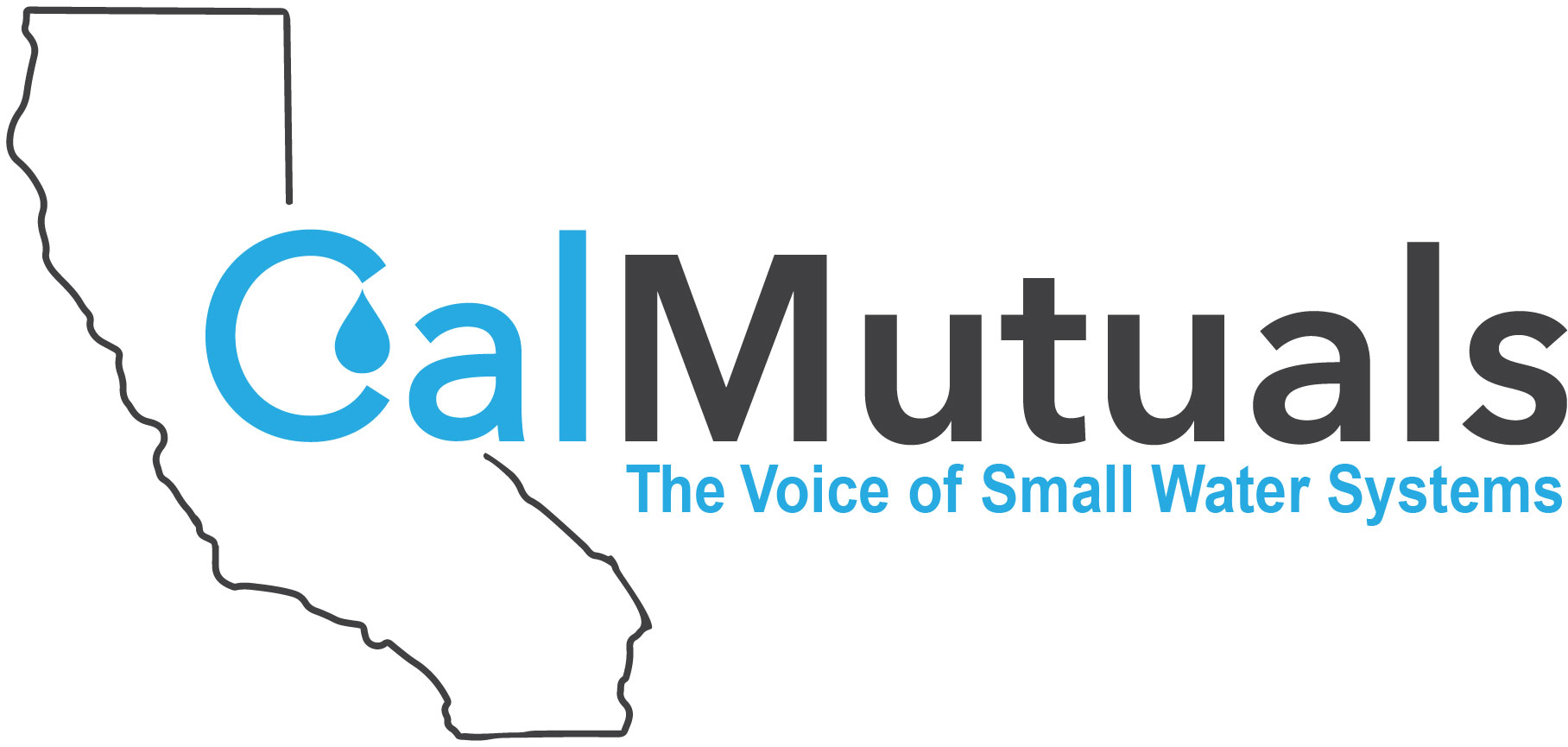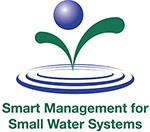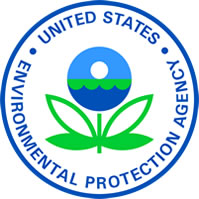A skilled workforce is the core of effective water operations. Small water systems often hire new operators who must learn a variety of workplace competencies and technical skills. A credentialing process built on standards-based competencies can prepare new operators to meet the demands of small water systems. This webinar series will provide a framework for developing a Water Workforce Readiness Credential to prepare high-school students for work in the water industry. The second part of the series will outline steps to build a pathway to apprenticeship through a skills-based pre-apprenticeship program. Presenters Pam Murawski, Education Programs Developer, California State University at Sacramento in the Office of Water Programs Dan DeMoss, Executive Director, California Rural Water Association Debra DiBiase, Director of Opportunity Youth Programs, SIATech Charter High Schools Henry Davis, Pathway Curriculum Specialist, SIATech charter school Kim Moore, Principal, SIATech Sacramento South Who Should Attend: • Managers, owners, and operators of small water systems serving less than 10,000 people, including local government systems and tribal systems, as well as all other types of water systems, such as: homeowners associations, mobile home parks, resorts/campgrounds, schools, prisons, and more • Decision-makers for water utilities, including mayors, finance officers, utility managers, public works directors, city councilors, board […]


